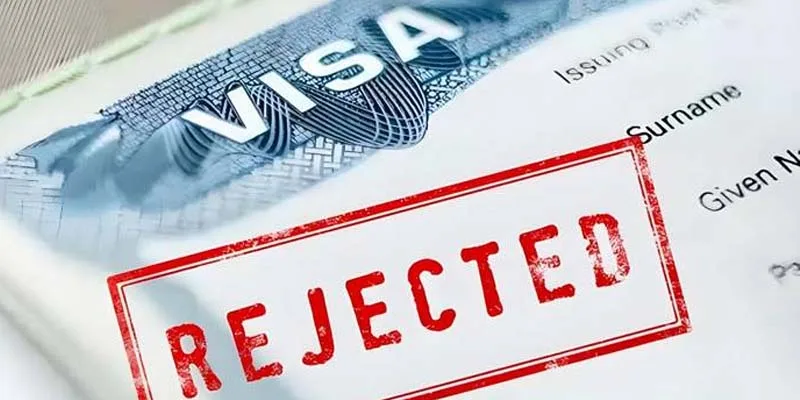
The UK government has introduced new measures aimed at reducing illegal working and tightening oversight of employment practices within the gig economy. For the first time, businesses will be legally obligated to conduct right-to-work checks on every individual they hire, whether full-time, part-time, or under flexible or zero-hours contracts.
This change affects a wide range of sectors, including delivery services, construction, personal care, and hospitality. Companies such as Uber Eats, Deliveroo, and Just Eat, which already conduct these checks voluntarily, now serve as examples for the rest of the industry.
For foreign nationals planning to work in the UK, particularly in sectors like food delivery, construction, or beauty services, this means employers are now required to verify that all workers have the legal right to work in the country. Without proper documentation, individuals cannot be hired, and businesses that bypass these rules face severe consequences. These include fines of up to £60,000 per illegal worker, business closures, director disqualifications, and possible criminal charges with prison terms of up to five years.
The UK Home Secretary has emphasized that the objective is to bring order to the immigration and asylum system by holding employers accountable and dismantling illegal recruitment operations. These reforms are also timed with a broader effort to combat organized immigration crime, coinciding with an international summit.
Enforcement activity has already increased, with thousands of workplace visits and arrests since the previous year. From May 2025, immigration officers will be equipped with body cameras to document enforcement actions and support investigations, backed by new funding to strengthen compliance efforts.
Employers can carry out these checks quickly and easily using digital ID tools. Support from the Home Office is available to ensure smooth implementation.
For anyone applying for a UK visa with plans to work, especially in gig economy roles, it is essential to confirm that the visa includes work rights, have documentation ready to prove immigration status, and register only with platforms or employers that adhere to the new legal requirements.


















